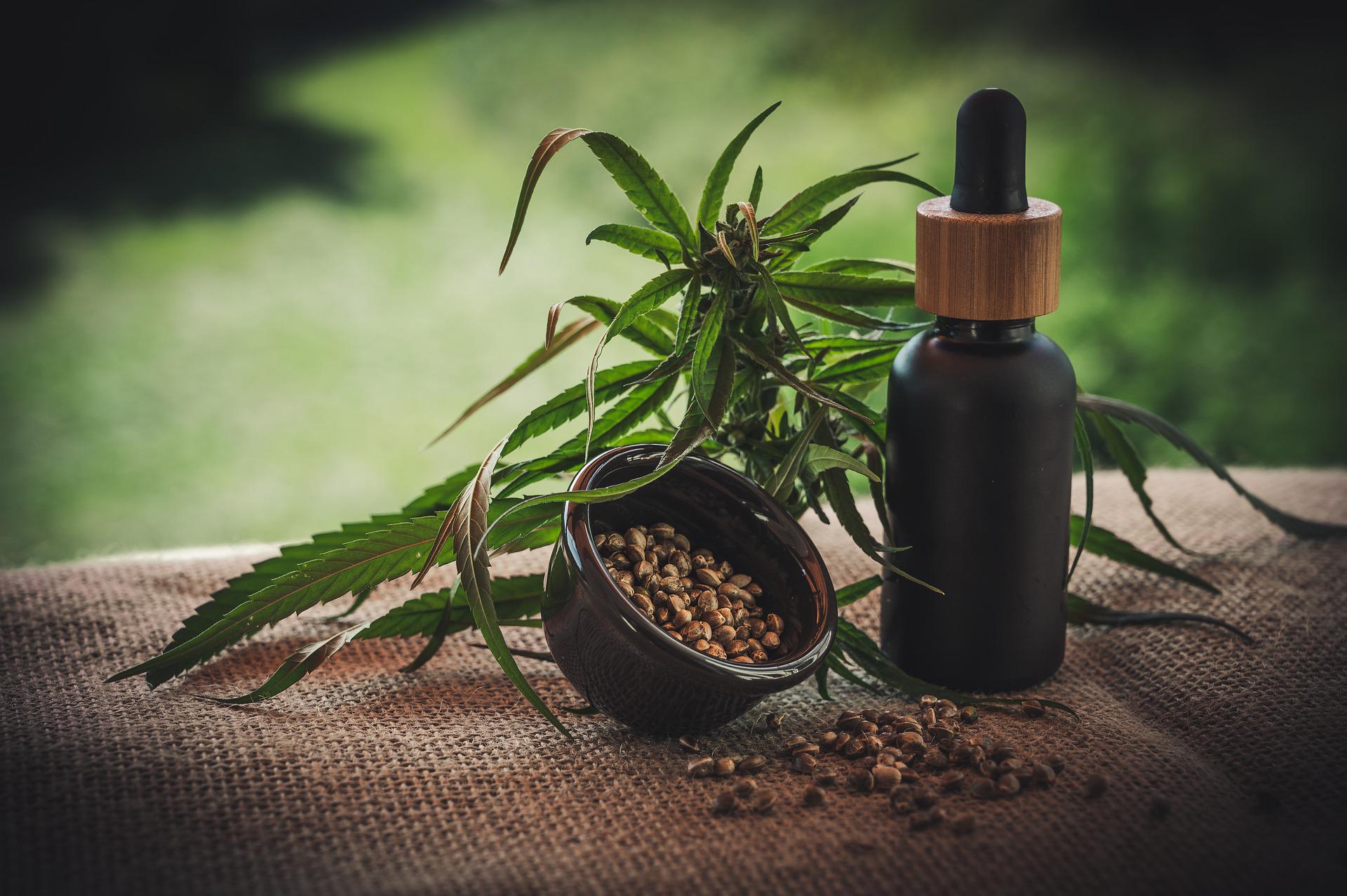
Europe’s food-safety regulator has put so-called novel food applications on hold for CBD-related products after identifying potential “hazards” in tests on animals.
The European Food Safety Authority (EFSA) said its scientists “cannot currently establish the safety of cannabidiol (CBD) as a novel food due to data gaps and uncertainties about potential hazards related to CBD intake”.

Discover B2B Marketing That Performs
Combine business intelligence and editorial excellence to reach engaged professionals across 36 leading media platforms.
It is a viewpoint shared by the UK’s Food Standards Agency (FSA), which took over the authorisation for novel food applications on 1 January 2021 in the wake of the country’s exit from the European Union. With the same safety concerns at heart, no CBD-related food products are currently on sale in the UK.
Nutrition, Novel Foods and Food Allergens (NDA), an EFSA panel chaired by Professor Dominique Turck, has received 19 applications for CBD-related products, according to a statement.
In the UK, post-Brexit, the FSA set a deadline of 31 March 2021 for businesses to submit novel food applications, for those already on the market. But they have yet to be authorised for sale. A database of applications was established in March 2022, and the FSA said it is “encouraging local authorities and retailers to use this list as a tool to prioritise enforcement while we continue to process applications”.
Novel foods are described by the EU, and the UK in its own right, as products that were not widely consumed before 1997 and so have a limited history with regards to safety.

US Tariffs are shifting - will you react or anticipate?
Don’t let policy changes catch you off guard. Stay proactive with real-time data and expert analysis.
By GlobalDataCBD is the non-high compound, unlike its THC cousin – the psychoactive tetra-hydro cannabinol found in marijuana. Any such food products containing THC have been banned under EU regulations.
In 2020, when the EC sought consultations on whether to label CBD food products as narcotics-related, the Commission said its main concerns related to “CBD extracted from the flowering and fruiting tops of the hemp plant (Cannabis sativa)”.
While CBD-related food products have been linked with health benefits such as relieving pain, concerns still remain.
The NDA’s Turck said: “We have identified several hazards related to CBD intake and determined that the many data gaps on these health effects need filling before these evaluations can go ahead. It is important to stress at this point that we have not concluded that CBD is unsafe as food.”
A new round of discussions has been opened up for CBD applicants seeking approval, along with “other groups or individuals with an interest in this issue and novel food more generally”. The EFSA will host an online session on 28 June.
The EFSA noted “there is insufficient data on the effect of CBD on the liver, gastrointestinal tract, endocrine system, nervous system and on people’s psychological well-being”.
It added: “Studies in animals show significant adverse effects especially in relation to reproduction. It is important to determine if these effects are also seen in humans.”
Europe’s food-safety assessment agency is turning to CBD-related food applicants to convince the EFSA that the products are safe for consumption.
Ana Afonso, the head of Nutrition and Food Innovation at EFSA, said: “Stopping the clock on a novel food assessment is not unusual when information is missing. It’s the responsibility of applicants to fill data gaps. We are engaging with them to explain how the additional information can be provided to help address the uncertainties.”
In response to the EFSA’s latest stance, the FSA provided a statement to Just Food.
Peter Quigley, the Agency’s deputy director of regulatory services, said: “EFSA has reached the same conclusions as the Committee on Toxicity did two years ago: there are still evidence gaps relating to CBD as a food and relevant data is needed to prove a safety case for CBD foods.”
He added: “It also mirrors the approach we have been taking of requiring applicants to submit toxicological data to prove the safety of CBD products instead of relying on literature reviews of existing evidence.”



